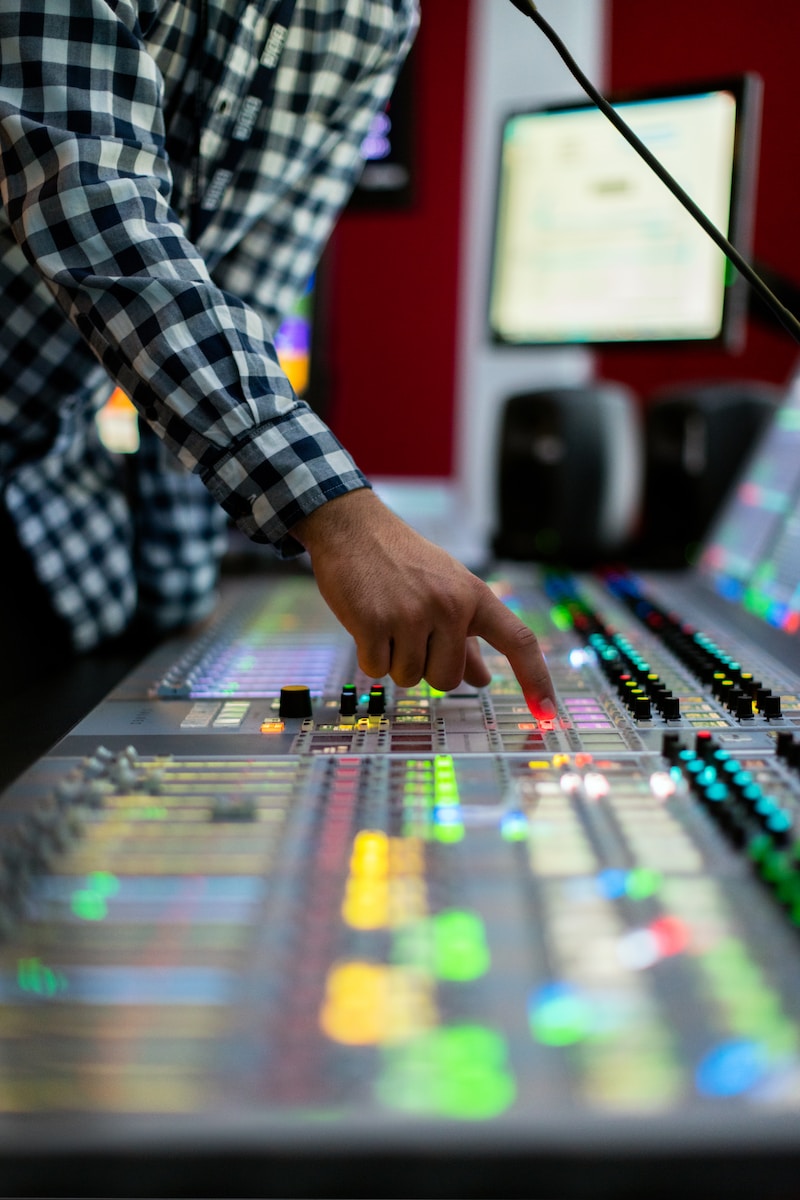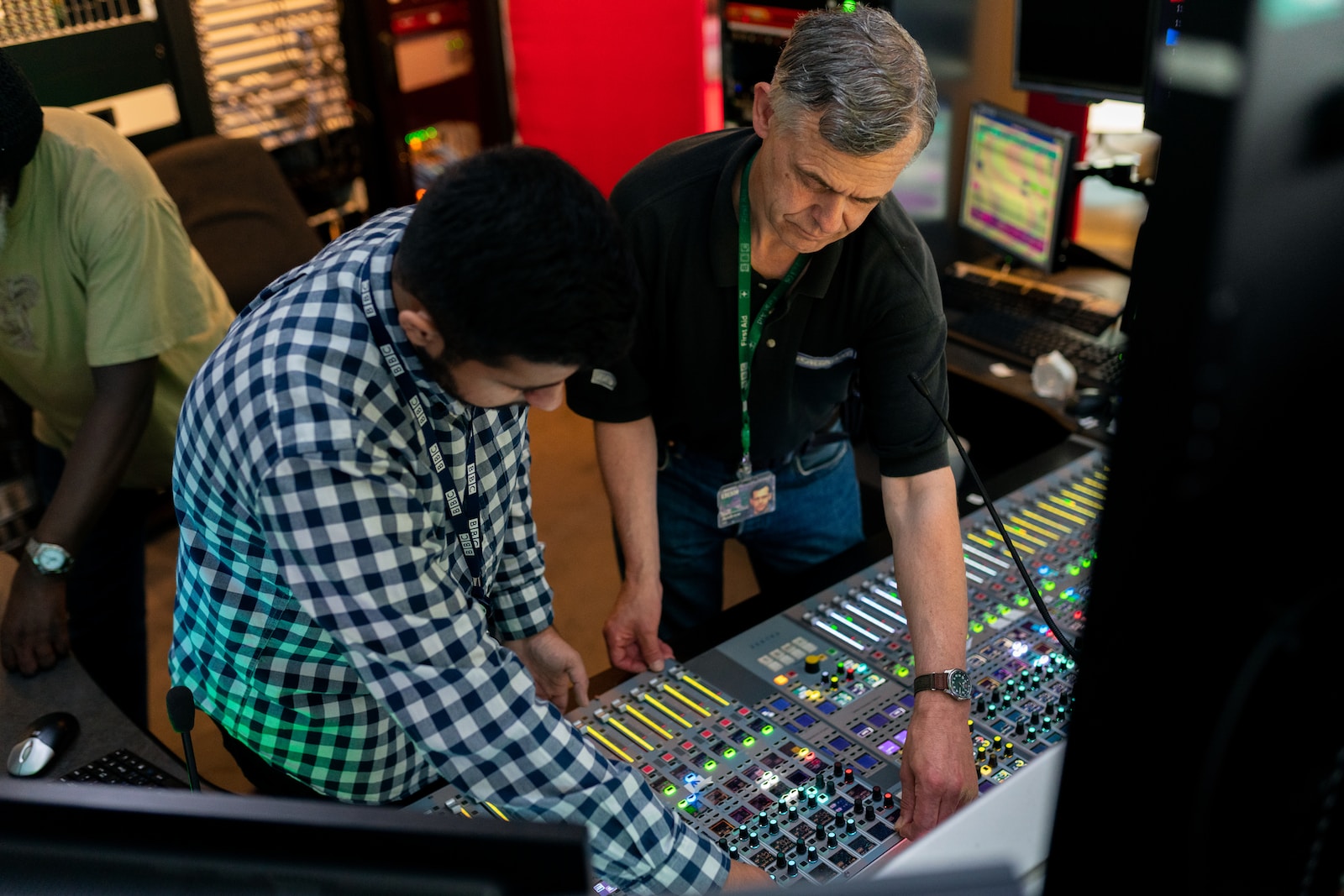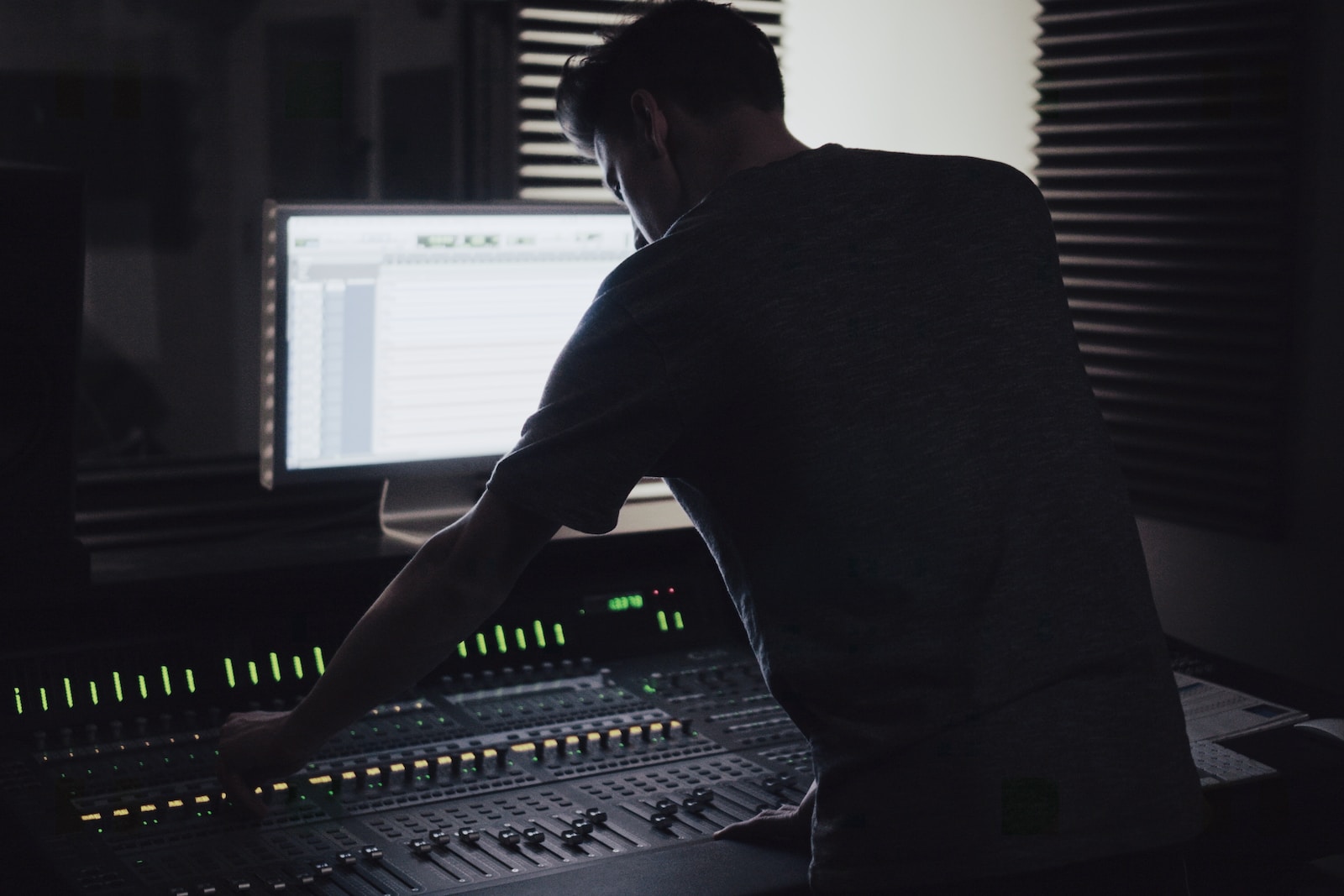Music production involves a number of stages that are crucial to creating a high-quality and polished final product. The following are the stages of music production, in detail:

1.Songwriting:
The first stage of music production is songwriting. This is the process of creating a song from scratch. This may involve coming up with lyrics, melodies, chord progressions, or beats. Songwriting is often done by a songwriter or a team of songwriters, who come up with the basic structure and creative elements of the song.

2. Arranging:
Once a song has been written, the next stage is arranging. This is the process of deciding how the song will be structured and how each instrument or element of the song will be used to create the final composition. This may involve creating a rough demo of the song, experimenting with different instrumental and vocal arrangements, and deciding on the overall feel and style of the track.
 3. Recording/Tracking:
3. Recording/Tracking:
The recording or tracking stage is where the actual performance of the song is captured. This may involve recording instruments, vocals, or both. The recording process can take place in a professional recording studio or at home with the use of recording software and equipment. During recording, it is important to get high-quality takes, with good microphone placement and levels, to ensure the best possible sound.

4. Mixing:
After the recording is done, the next stage is mixing. Mixing involves balancing and adjusting the levels of each element of the song to create a cohesive and well-balanced sound. This includes adjusting volume, panning, EQ, compression, and adding effects like reverb and delay to create a polished and professional sound.

5. Editing:
The editing stage is where any errors or issues in the recording are addressed. This includes removing any unwanted sounds or mistakes, aligning the timing of tracks, and comping the best takes of each part to create a final track. Editing is a time-consuming and detail-oriented process, but it is important to ensure a high-quality final product.

6. Mastering:
The final stage of music production is mastering. This involves preparing the final mix for distribution by adjusting the overall EQ, compression, and limiting to ensure the track sounds good across all playback systems. Mastering is often done by a mastering engineer who specializes in this process, and is essential for creating a polished and professional final product.
Overall, music production involves a complex and multi-step process, but by following each of these stages, a high-quality and polished final product can be achieved.










































































































